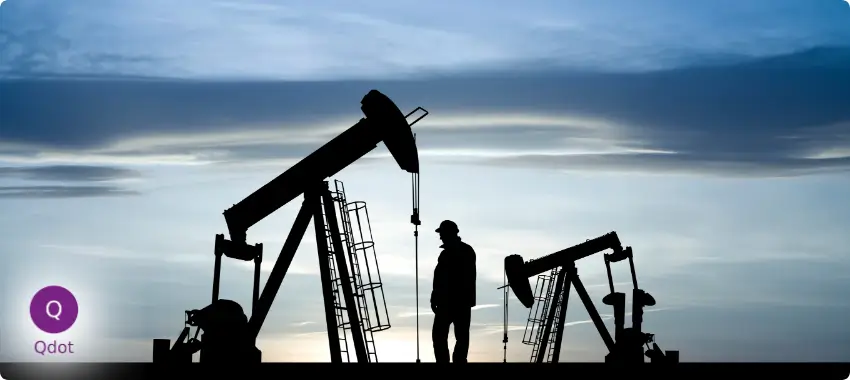
ISO/TS 29001 defines the quality management system requirements for the design, development, production, installation, and service of products for the petroleum, petrochemical, and natural gas industries.
Developed as a direct result of a partnership between ISO and the international oil and gas industry (led by the American Petroleum Institute – API), ISO 29001 specifically focuses on the oil and gas supply chain.
The ISO/TS 29001 standard is based on ISO 9001 and incorporates supplementary requirements emphasizing defect prevention and the reduction of variation and waste from service providers.
These requirements have been developed separately to ensure that they are clear and auditable. They also provide global consistency and improved assurance in the supply quality of goods and services from providers. This is particularly important when the failure of goods or services has severe ramifications for the companies and industries involved.
This standard is for all organizations working within the oil and gas industry supply chain. Certification to ISO/TS 29001 ensures standardization and improvement within the sector.
The oil, gas, and petrochemical industry is by nature one of the most exposed to catastrophic risks. If the hazardous liquids and gases are mistreated or improperly managed, they can inflict significant damage to the environment and people. To complicate matters, the industry’s equipment and service providers are dispersed globally, and many operate in underdeveloped countries with very different cultural approaches.
A high level of operational integrity specific to this industry is critical to safely keep operations up and running. This is good for business, for the protection it provides the environment, as well as personnel and the general public. An efficient way to reach this excellence and assure stakeholders through an ISO 29001 certification.
What are the benefits?
- Gain your license to trade to increase contracts and prospects.
- Demonstrate your commitment to industry best practice to stakeholders.
- Improve the way you manage risk and improve performance.
- Organize your operations to improve quality and reduce waste.
- Better communication and regular assessment leads to continual improvement.
